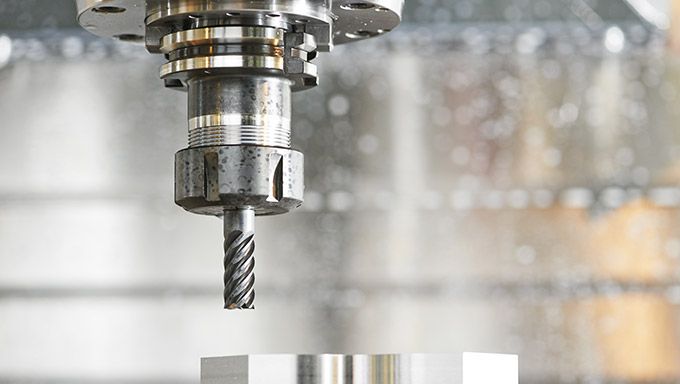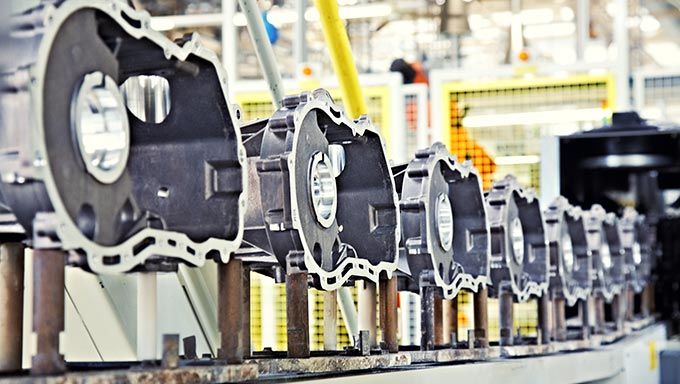Digitalization is making its way into factory halls. Keywords such as the “Digital Factory”, “Industry 4.0” or the “Internet of Things (IoT)” are heralding the implementation of an increasing number of “smart” machines. According to Gartner by 2020 around 25 billion devices will be connected with each other via the web. The industry portal Global Manufacturing rates IoT as well as the processing of huge amounts of data as two of the biggest sector trends for 2015.
Ready for the future
In order to ensure that electronic communication is ready for this future, dependable processes are required. The challenges extend from automated delivery schedule processing to M2M communications and the encrypted exchange of design data. Moreover, there are complex IT processes to ensure legally binding invoice delivery and EDI communications.
Apart from that – and however crucial these IT processes might be – it is very important to not forget the human factor: the vision of the digital factory does not mean in any way that their skills will no longer be required. This is also the conclusion of a study recently conducted by the German Fraunhofer Society (“Manufacturing Activities of the Future – Industry 4.0”). An overwhelming majority of about 97 percent of the almost 700 companies and industry 4.0 experts participating in the survey continue to rate human work as important or even very important.
Integration into Workflows
In order to encourage the necessary acceptance of automated systems, it is important to integrate them as seamlessly as possible into human work processes. This is a development with which those starting their careers in the manufacturing industry now have to deal with from their first day on the job. According to the industry association BITKOM, the success of Industry 4.0 is significantly dependent on how well the deployed technologies are in the position to ensure the ongoing operations and fail-safety of manufacturing facilities. This also applies to safeguarding against the unwanted loss or outward flow of data and know-how.
In its study on “Handlungsempfehlungen für Industrie 4.0“ (Guidance for Industry 4.0 – only available in German) BITKOM therefore recommends “always warranting maximum levels of data protection and transparency”, in order to gain confidence for digital manufacturing. With regard to the communication between companies, across borders and throughout all sectors the industry should also bring open, compatible encryption standards into effect. As an example, the EU General Data Protection Regulation (GDPR) is mentioned, which is considered an “international pioneer” due to its stringent requirements.
Communication between machines and persons
Besides machine activated communication, in the end it always comes down to the communication between people to create electronic procedures which run smoothly and, most importantly, securely. Only then is it possible to organize production processes with maximum efficiency, also for the factory of the future.
Find out in our special feature Retarus for Manufacturinghow Retarus can effectively support manufacturing companies.




